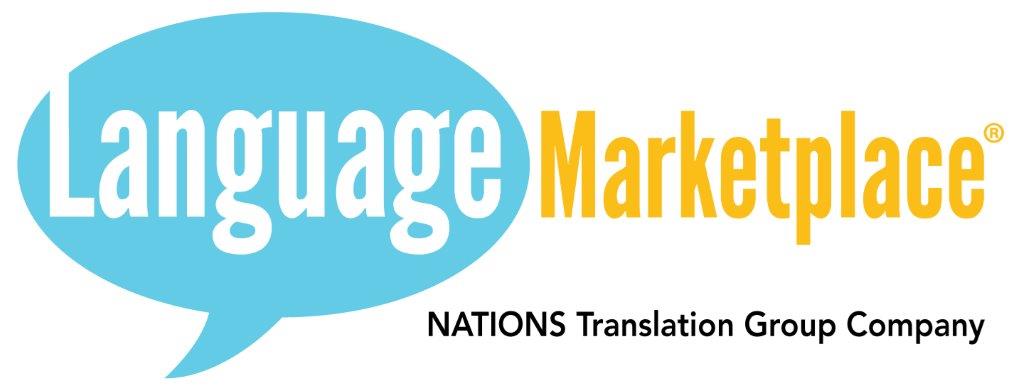With the advent of apps and translation software, you can now turn your words into a foreign language – whether through text or an electronic voice – on your smartphone. Even big communication platforms offer translation services in select languages – but don’t think that this is going to affect the translation industry just yet.
These tools can give us a sense of a foreign tongue, but they are still extremely limited and cannot be used reliably in the business world. However, technology still influences the translation industry. Here are some of its key innovations throughout history.
Translation memory (TM)
- It was the first useful tool in the 1980s
- Enables translators to use vast databases of whole sentences in language pairs
- This speeds up the process and helps move through repetitive work (such as instruction manuals)
Machine Translation
Machine translations on a basic level allow you to perform simple substitutions of words from one language to another. It allows for customization by domain or profession, which helps to improve the accuracy of the output since it is working within a context. This technique is effective when formal language or industry-specific language is being used. This method of translating is based on linguistic rules – which means that words will be translated to the most suitable worlds of the target language from the source language.
Translators of the past used to dislike this method, seeing human judgment as an irreplaceable aspect of the work. However, it has won respectability has an effective tool and certainly does not replace the human element of translation work, as it still involves an extensive review process.
What are they used for?
Machine translations have been very useful in translating weather reports, government texts and legal documents. However, it’s important to have a trained professional proofread and correct any errors, as the machines are not fine-tuned to be entirely flawless at this point time.
Issues
Sometimes MTs are unable to recognize larger sections of text such as whole phrases, differences in linguistic typology – the field of linguistics that classifies languages according to their structural and functional features –the translation of idioms, or anomalies in languages. With the demand for translation, MTs will begin to improve to have more accurate outputs in the near future.
Technological change has not consolidated the fragmented industry of translation. However, technology is still a crucial aspect of project management, freelance translation work, managing file-formats, communicating with clients, presenting reviews and more.
It’s important to note that when working with a professional translation service, that quality should be first priority. At Language Marketplace we have certified industry-trained professionals who are well versed in a native source language along with a range of sectors. From technical manuals to marketing / advertising / public relation materials, we provide quality translations at an affordable price for our clients.

